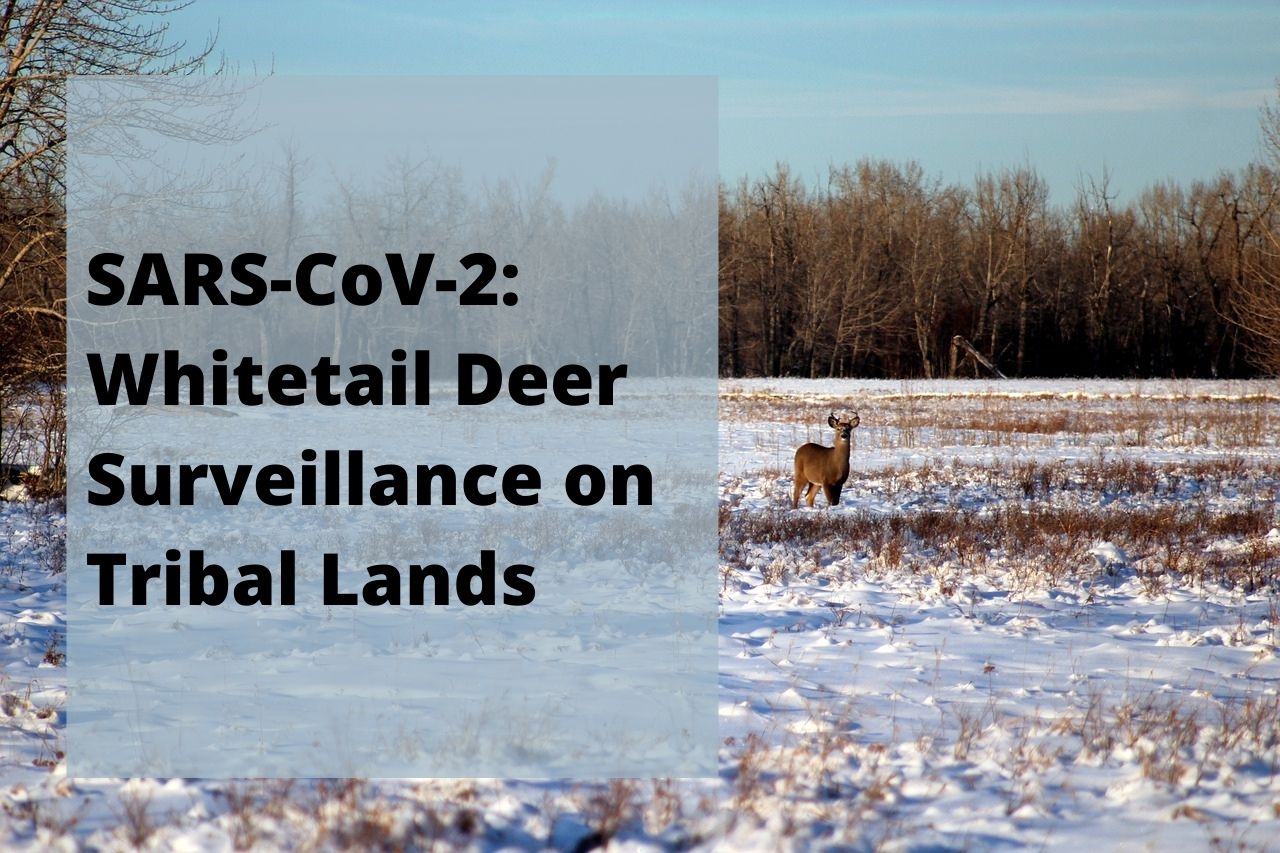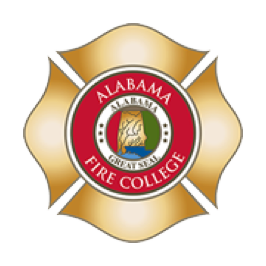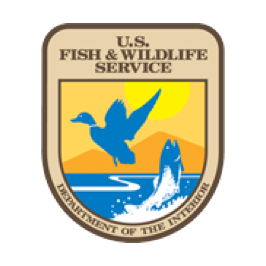SARS-CoV-2 White-tailed Deer Monitoring Program

USDA APHIS Partners with Tribes to Monitor SARS-CoV-2 in White-tailed Deer
In 2021, A team of researchers out of Pennsylvania State University confirmed the ability of SARS-CoV-2, the virus that causes COVID-19, to infect white-tailed deer (WTD) (Kuchipudi et al., 2021). Monitoring conducted by the U.S. Department of Agriculture (USDA) Animal and Plant Health Inspection Service (APHIS) found that 40% of WTD sampled in Michigan, Illinois, Pennsylvania, and New York contained SARS-CoV-2 antibodies and further studies identified the virus in additional states.
Following these findings, USDA APHIS has invited Tribes to join efforts to monitor SARS-CoV-2 in white-tailed deer as part of a study funded by the American Rescue Plan (ARP). The phased, multi-year study aims to understand the impacts of SARS-CoV-2 in WTD and determine if they can serve as a reservoir for the virus, possibly resulting in new variants that may impact human and animal health.
Project Description
In phase 1 of the project, participating Tribal Nations and state agencies will collect nasal swab and blood samples from white-tailed deer harvested by hunters and in wildlife damage management (i.e. road kill) and ship samples for testing. Funding for personnel time, supplies, travel, shipping, and administrative costs is provided through ARP.
Participants
All Tribes with free ranging white-tailed deer populations can participate in Phase 1 (ongoing). During later phases starting in fall 2022, additional cervid species may be considered for sampling.
Sample Collection
Participants will be provided training for sample collection, sample handling, and shipment of samples. Anyone (biologists/technicians/law enforcement/volunteers/others) who receives this training or is under the direct supervision of someone who has received the training can collect samples.
USDA APHIS will provide sampling kits that include all materials needed to collect, handle and ship samples. Each sampling kit includes enough supplies to collect nasal swabs and blood samples for up to 50 white-tailed deer. Sampling kits include:
- vials of Primestore Molecular Transport Media (MTM),
- swabs,
- Nobuto strips packaged in envelopes, and
- barcodes for sample labeling.
Funding & Resources Available
Funding for Tribes participating in the American Rescue Plan (ARP) white-tailed deer surveillance project is based on the number of sampling kits they receive. For each kit received, Tribes are given $3,000 to cover the costs for the following items/activities:
- personnel time,
- additional supplies (e.g., latex gloves, plastic bags, pens, markers, etc.),
- vehicle use (e.g., gas, mileage, and maintenance for general usage),
- shipping costs (including actual shipping expense if the UPS shipping account provided is not used, shipping materials, etc.),
- administrative costs associated with the project, and
- other expenses directly associated with the sampling of white-tailed deer for this project.
Please note: Funding is related to the number of kits received, not the number of samples returned. A Statement of Work (SOW), provided by the USDA-APHIS Wildlife Services (WS) National Wildlife Disease Program (NWDP), will be signed by the participating Tribe or Tribal organization and the NWDP before disbursement of funds.
For questions regarding other costs that may be covered by the ARP funding, please contact Mary Kimball, [email protected].
Data Collection & Data Sharing
The NWDP asks that all participating entities keep track of basic collection information on standardized data sheets that the NWDP will provide to the Tribes. Data sheets will be returned to the NWDP along with the samples, and the NWDP will be responsible for entering the data into an electronic database and maintaining the database.
The NWDP will provide biweekly surveillance reports to the submitting Tribes’ designated point of contact. The reports include a summary of the number of samples received and processed, as well as confirmed and preliminary test results by Tribal land. This information will also be shared with the WS State Director in the related state.
A subset of presumptive and suspect positive samples will be forwarded to APHIS National Veterinary Services Laboratory (NVSL) for confirmatory testing. If a detection is confirmed by NVSL and it is the first positive detection for SARS-CoV-2 in deer for the Tribal land/state, the results will be reported to the World Organization for Animal Health (OIE). As an OIE member, the United States takes its commitment to disease reporting seriously and responsibly. Members must report to the OIE all notifiable terrestrial and aquatic animal diseases detected within their respective territories. This information is made available to the world so that countries can take any necessary preventive action.
This is a national surveillance effort for determining regional differences in SARS-CoV-2 prevalence in white-tailed deer. Following appropriate notifications with the Tribe, summaries of surveillance results by Tribal land/state level will be shared publicly, however, participating hunters will not receive test results for their specific deer. All information reported back out through any public forum will not be done at a granular level and only refer to a sample collected on Tribal land. Samples collected by a state or federal agency will be reported only to the county level. We prefer to not receive exact locations for each deer sampled, and prevalence will be reported at the population level as a proportion of deer testing positive out of the total number tested in that defined geographic area (i.e., the entire Tribal land for that Tribe).
Timeline
The ARP white-tailed deer surveillance project is a multi-year effort. Sample collection is currently underway for the winter 2021/2022 deer surveillance season and APHIS is accepting samples from Tribal entities through March/April 2022. Additional surveillance is planned for fall/winter 2022/2023.
Any un-used funding and/or sample kits received for the current sample collection of this project can be used during future sample collection. All kit materials should be stored in a dry controlled environment and not exposed to extreme temperature changes or in direct sunlight.
For more information
For additional information and training materials please contact Tim Linder, [email protected].
Learn more:
- Guidelines Risk Reduction for Hunters and Biologists
- APHIS American Rescue Plan Strategic Framework
- Confirmed cases of SARS-CoV-2 in Animals in the United States
- Reducing the Risk of SARS-CoV-2 Spreading between People and Wildlife
- Guidance: SARS-CoV2_White-tailed_Deer_SEP2021.pdf (fishwildlife.org)






